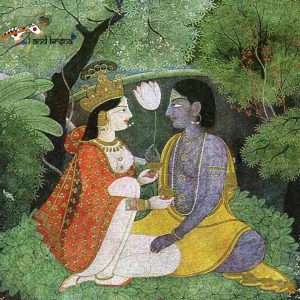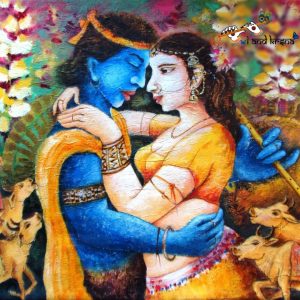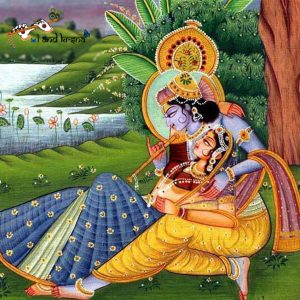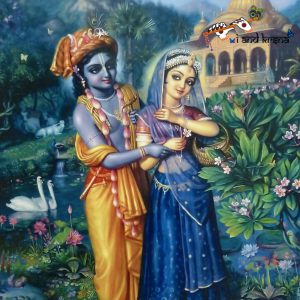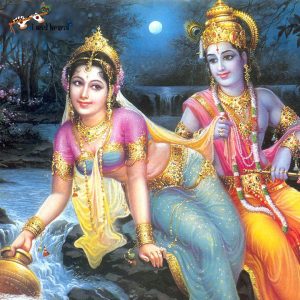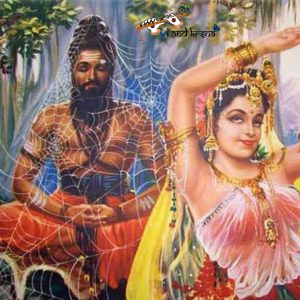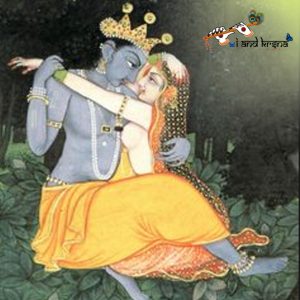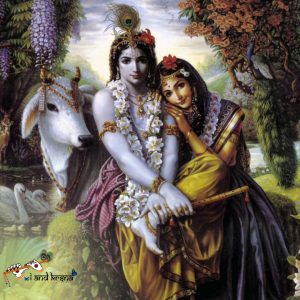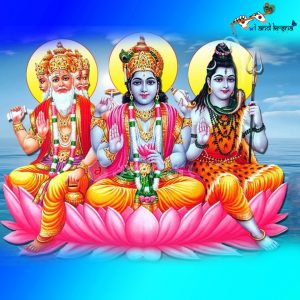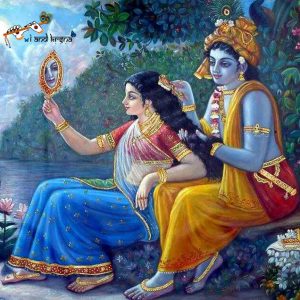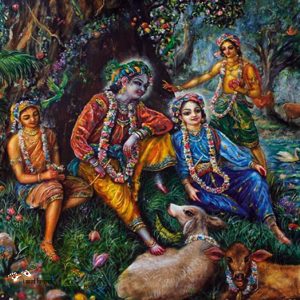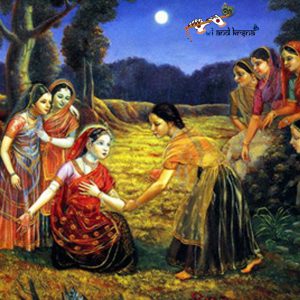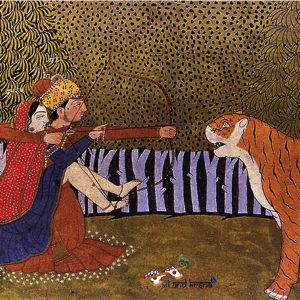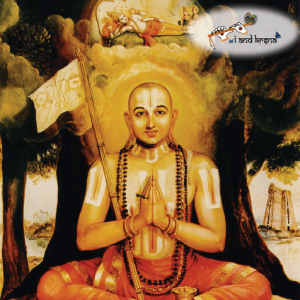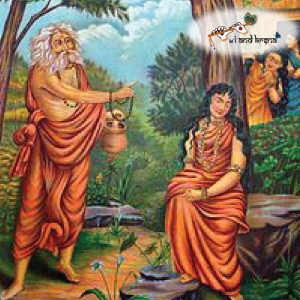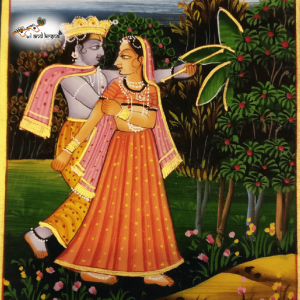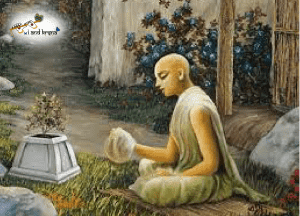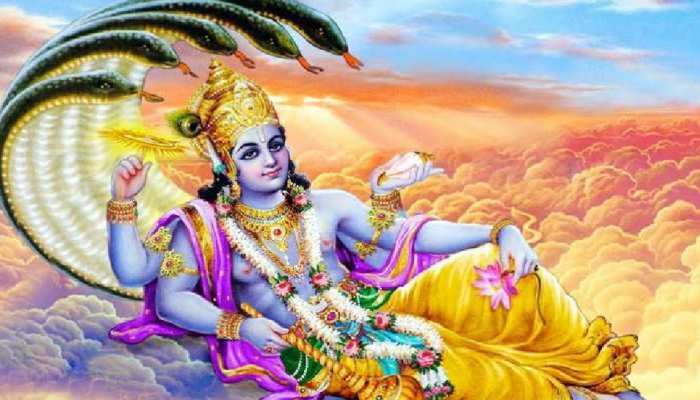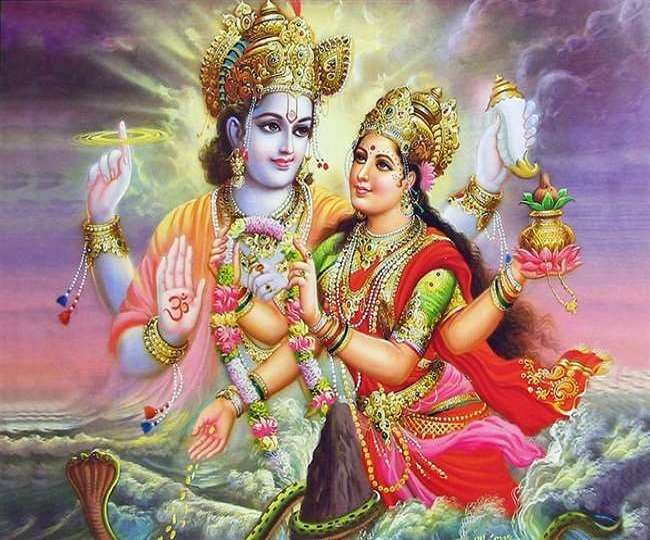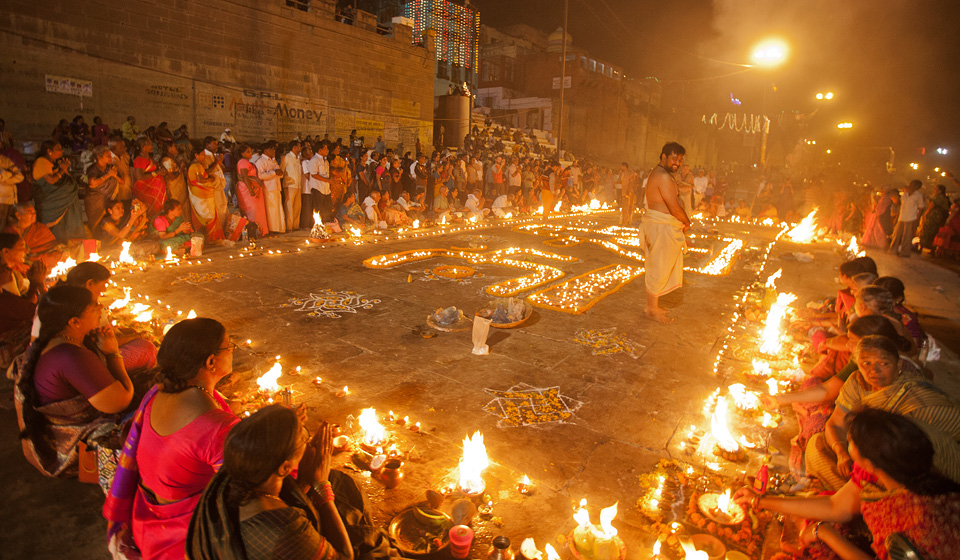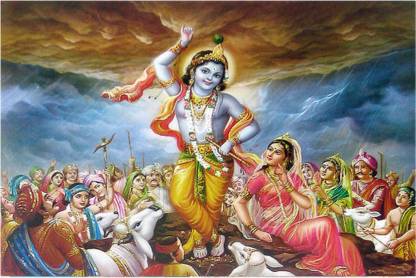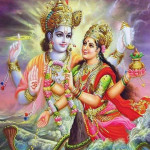Man is restricted to enjoy sex only once in a month.
Kama-kasmala-cetasah also indicates that unrestricted sense enjoyment is not allowed in the human form of life by the laws of nature. If one enjoys his senses unrestrictedly, he leads a sinful life. The animals do not violate the laws of nature. For example, the sex impulse in animals is very strong during certain months of the year. The lion is very powerful. He is a flesh-eater and is very strong, but he enjoys sex only once in a year. Similarly, according to religious injunctions, a man is restricted to enjoy sex only once in a month, after the menstrual period of the wife, and if the wife is pregnant, he is not allowed sex life at all. That is the law for human beings. A man is allowed to keep more than one wife because he cannot enjoy sex when the wife is pregnant. If he wants to enjoy sex at such a time, he may go to another wife who is not pregnant. These are laws mentioned in the Manu-Samhita and other scriptures.
These laws and scriptures are meant for human beings. As such, if one violates these laws, he becomes sinful. The conclusion is that unrestricted sense enjoyment means sinful activities. Illicit sex is sex that violates the laws given in the scriptures. When one violates the laws of the scriptures or the Vedas, he commits sinful activities. One who is engaged in sinful activities cannot change his consciousness. Our real function is to change our consciousness from kasmala, sinful consciousness, to Krishna, the supreme pure. As confirmed in Bhagavad-gita (param Brahma param dhama pavitram paramam bhavan), Krishna is the supreme pure, and if we change our consciousness from material enjoyment to Krishna, we become purified. This is the process recommended by Lord Chaitanya Mahaprabhu as the process of ceto-darpanamarjanam, cleansing the mirror of the heart.
Source: A.C. Bhaktivedanta Swami Prabhupada (2014 edition), “Srimad Bhagavatam”, Fourth Canto, Chapter 27 – Text 05

